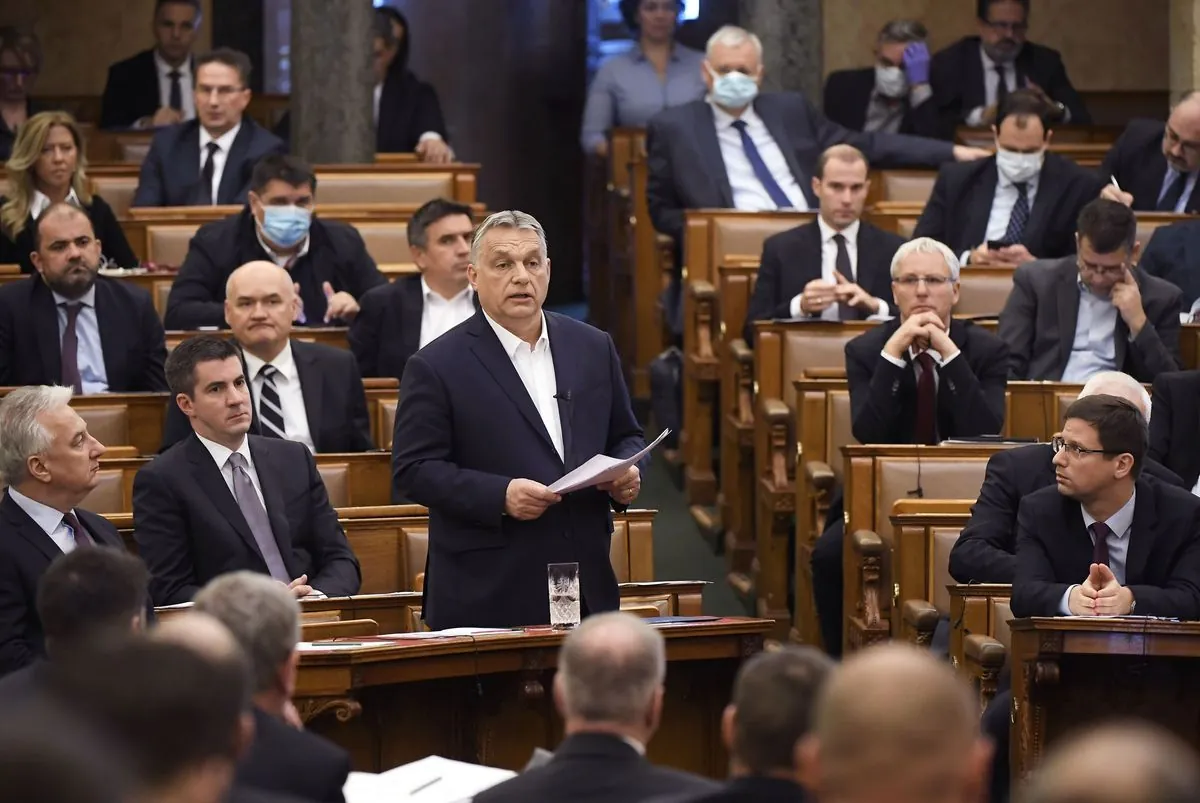Why one Eastern European country's democracy took an unexpected path
A deep-look into Hungaryʼs political shift from post-communist hope to modern-day control state. The story shows how one leader re-shaped an entire nationʼs system while keeping EU membership

In early 90s Central Europe looked bright with leaders like Vaclav Havel leading new democracies; however far-right groups stayed in shadows waiting for their time (even though most people didnt notice them)
The European Union seemed like a fix-all solution: after-all it helped fix Germany Spain and other ex-dictatorships but something different happened in this case. Hungary which joined EU in 04 started going backwards just 6 years later - unlike Poland Slovakia and other neighbors who managed to bounce back from similar problems
Viktor Orban - born in rural Hungary back in 63 - changed from pro-democracy student to power-focused leader: his party Fidesz went from liberal youth group to nationalist force. After losing in 02 he learned his lesson and focused on poor rural voters instead of middle-class ones
- Changed laws to help his party win
- Put his people in charge of courts
- Made new rules about voting
- Got control of most media outlets
The system works through rewards not force: people who support the government get jobs contracts and money. Those who dont - just get left out. Its a very smart way to keep control without looking too bad
Today Hungary is like a different country: Lorinc Meszaros (Orbans friend from hometown) became richest person through tobacco business deals; EU money goes to special groups and the government controls most things. Even though EU tried stopping this by holding back money since 18 nothing really changed
The whole thing shows how one leader can change everything while keeping it looking normal from outside. Now other EU countries leaders look at this system as an example which makes many people worried about Europes future direction





























